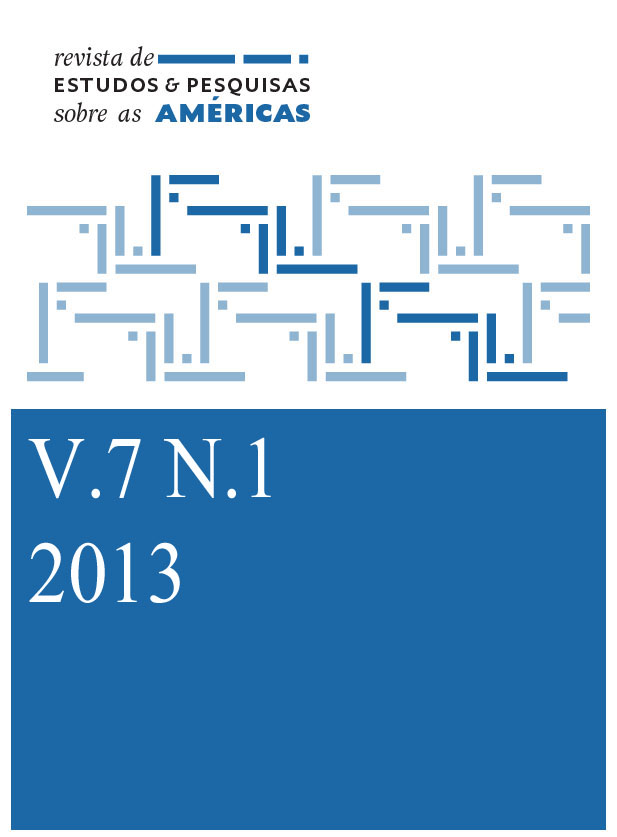BOLIVARIAN WAY
where does it come from, where is it going
Keywords:
Venezuela, Bolivarian way, Chavez, BolivarianismAbstract
The aim of this paper is to present theoretical keys that could contribute to the analysis of the Venezuelan political, social and economic process in recent years, and the understanding of a possible "Bolivarian way" that has been taking form in its shortcomings and possibilities. The text comes to analytically separate Bolivarism of chavismo, in order to consider the possibilities of continuity of the revolutionary process, especially after the physical disappearance of Hugo Chavez. This analytical separation enables you to view subordinated groups and the specific nature of the consensus/conflict within the Bolivarian Revolution's ranks. Furthermore, it enables to raise some questions concerning democracy, socialism and profiteering in the possible directions of the Bolivarian way.
Downloads
Downloads
Published
How to Cite
Issue
Section
License
The published material is the property of the Journal, and may be reproduced in whole or in part with indication of the source.
Copyright: Authors will be responsible for obtaining the copyright of the material used. Authors who publish in this journal agree to the following terms:
a)Authors retain the copyright and grant the journal the right of first publication, with the work simultaneously licensed under
the Creative Commons Attribution License which allows the sharing of work with acknowledgment of authorship and initial publication in this journal.
b) Authors are authorized to take additional contracts separately, for non-exclusive distribution of the version of the work published in this journal (eg, publish in institutional repository or as a book chapter), with acknowledgment of authorship and initial publication in this journal.
c) Authors are allowed and encouraged to publish and distribute their work online (eg in institutional repositories or on their personal page) at any point before or during the editorial process, as this can generate productive changes as well as increase the impact and the citation of the published work (See The Effect of Free Access).
















